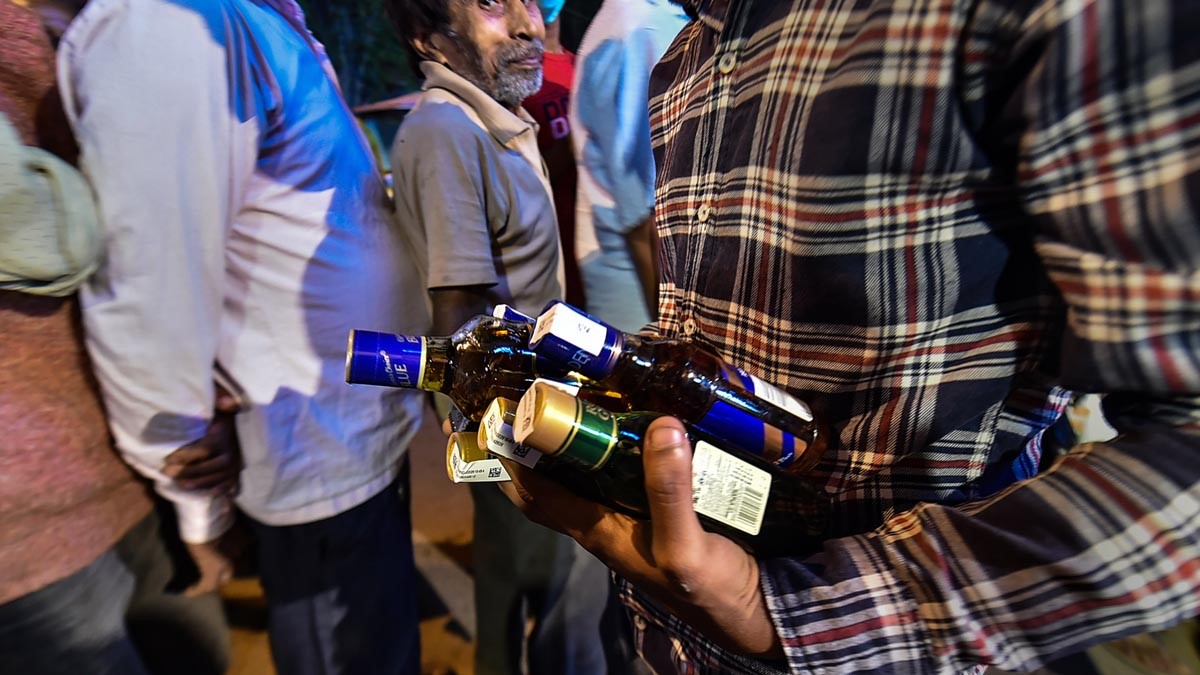
Sabarimala: SC frames 7 issues to be heard by 9 Judge Bench
New Delhi, Feb 10: The Supreme Court has ordered that the Sabarimala review Bench reference on questions of religion to the larger Bench is correct.
The court also framed seven issues for the nine-judge Bench to hear.

The nine-judge Constitution bench headed by Chief Justice S A Bobde had said that it will inform the parties about the time frame and the questions framed in the matter on February 6.

The bench, also comprising justices R Banumathi, Ashok Bhushan, L Nageswara Rao, M M Shantanagoudar, S A Nazeer, R Subhash Reddy, B R Gavai and Surya Kant, said it will also deal with the issue whether a reference order can be made in review jurisdiction for a hearing by a larger bench.
During the hearing, senior advocates Fali S Nariman, Kapil Sibal, Shyam Divan and Rakesh Dwivedi said in review jurisdiction, there cannot be any reference order on issues to be heard by a larger bench.
The senior lawyers contended that in review jurisdiction, the scope is very limited and the court can only see whether the judgement under review has any error apparent or not.
Solicitor General Tushar Mehta, senior advocates K Parasaran and Ranjit Kumar, however, opposed the arguments and said the top court while exercising the review jurisdiction can refer a larger issue, which had arisen during the adjudication of the dispute, to a larger bench.
Recommended Video

The questions framed are what is the scope, ambit of religious freedom, what is the interplay between religious freedom and freedom of beliefs of religious denominations, what religious denominations are subject to fundamental rights and what is the morality in practice of religious freedom.
The bench made clear that it was not discussing the issue of entry of women of all age groups into Sabarimala temple in Kerala.
It has been hearing several senior lawyers on the issue of framing of larger legal questions to be deliberated upon by it relating to discrimination against women in various religions.
'The Sabarimala review case is not before us. We are not deciding Sabarimala. We are deciding the larger questions,' the bench said when senior advocates Nariman, Sibal, Divan and Dwivedi opposed the hearing on the so-called larger issue relating to discrimination against women in various religions.
A five-judge bench, by a majority of 3:2 on November 14 last year, had referred to a larger bench the issue of discrimination against women in religions such as denial of entry of Muslim women into mosques, the practice of female genital mutilation in Dawoodi Bohra Muslim community and denial of right to Parsi women who have married outside their religion.

At the outset, Nariman said the question whether women of all age groups can be allowed entry into the Sabarimala temple has been already decided by the Supreme Court in 2018 and the subsequent review has also been dealt with and hence, this cannot be adjudicated afresh.
The
bench
said
it
will
also
consider
the
objection
of
Nariman
as
one
of
the
issues.
Nariman
said
the
apex
court
cannot
club
other
issues
with
Sabarimala
and
it
cannot
frame
questions
in
a
review
and
bring
in
new
issues.
'Scope of review is very restricted. This will set a new precedent. How can you think about other issues in a review?' he said.
To this, the CJI said, 'No. We will not be deciding these issues. We will only interpret articles involved in these cases.' Sibal, appearing for the All India Muslim Personal Board, said though Muslim women are allowed entry into the mosque, the issue of essential religious practice is broad enough to be decided by this court.
Article 25 and 26 (fundamental rights to religion) of the Constitution are part of the fundamental rights which are enforceable against state action, he said.
'A lot of petitions have been filed saying Nikah Halala is bad. Somebody is saying polygamy is bad. How the bench will decide the issue,' Sibal said.
To this, the bench said, 'That is why we have set up a nine-judge bench. That is why we are hearing you.' The bench said it was only going to decide the interpretation of those articles which have been invoked in Sabarimala.
The five-judge bench on November 14 last year had set out seven questions of law to be examined by the larger bench. They include the interplay between freedom of religion under articles 25 and 26 of the Constitution, need to delineate the expression 'constitutional morality', the extent to which courts can enquire into particular religious practices, meaning of sections of Hindus under Article 25 and whether 'essential religious practices' of a denomination or section thereof are protected under Article 26.


 Click it and Unblock the Notifications
Click it and Unblock the Notifications
































